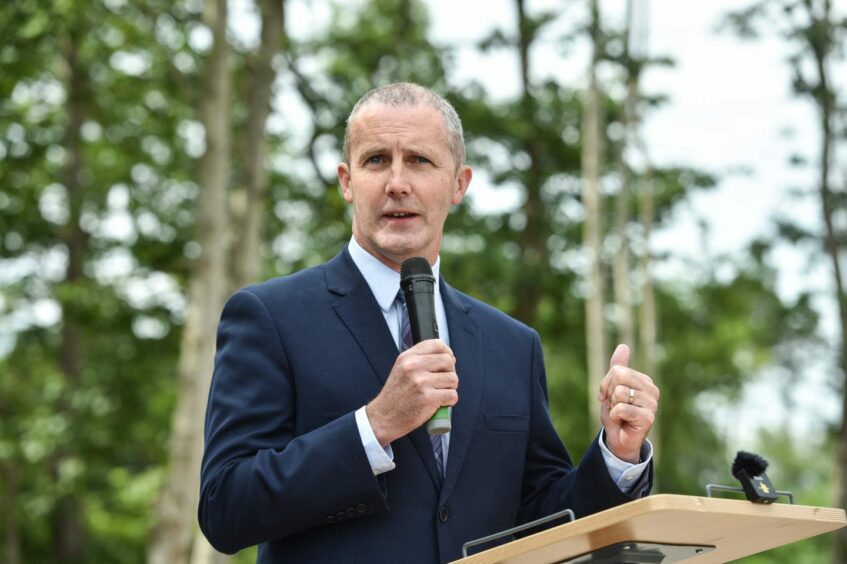
Scotland’s energy secretary, Michael Matheson, has said that developing the country’s hydrogen sector is the “greatest industrial opportunity since oil and gas”.
Speaking before a trip to Brussels to promote Scottish hydrogen production as part of European energy week, Mr Matheson said that the renewable energy source could help Scotland reach net zero targets, further explaining that hydrogen has “significant export potential”.
The Scottish Government last year published its draft hydrogen action plan, setting out how to boost the sector, with the goal of having 5 gigawatts (GW) of installed production capacity by 2030 – rising to 25GW by 2045.
Linking back to the recently published paper on the economics of an independent Scotland Matheson said that if the country decided to go it alone, renewable energy would be “at the centre of the economy”.
This comes as French firm Engie stated that green hydrogen will be economically competitive with LNG within the next 10 years, further adding that the fuel is “very much part” of the company’s statagey.
Last week, the Scottish Logan Energy signed an agreement that will see it co-operate with Norwegian engineering group Moreld to explore hydrogen projects across Scandinavia.
In his statement, Matheson said: “Hydrogen may be Scotland’s greatest industrial opportunity since oil and gas.
“It will play a key role in delivering net zero in industrial and heavy transport use and in the domestic economy, potentially heating our homes and buildings – and there is significant export potential.”
“The recently published economy prospectus paper for an independent Scotland sets out how we would put renewable energies, such as hydrogen, at the centre of the economy.
“Scotland is an energy-rich country, becoming independent would give us the powers and levers to reform the energy market and ensure a stronger, more resilient supply with lower costs.
“European Hydrogen Week is an excellent opportunity to showcase everything Scotland has to offer and to work closely with our European partners on the key issues we must collectively address to realise the full potential of hydrogen as part of the green energy transition.”
Recommended for you

